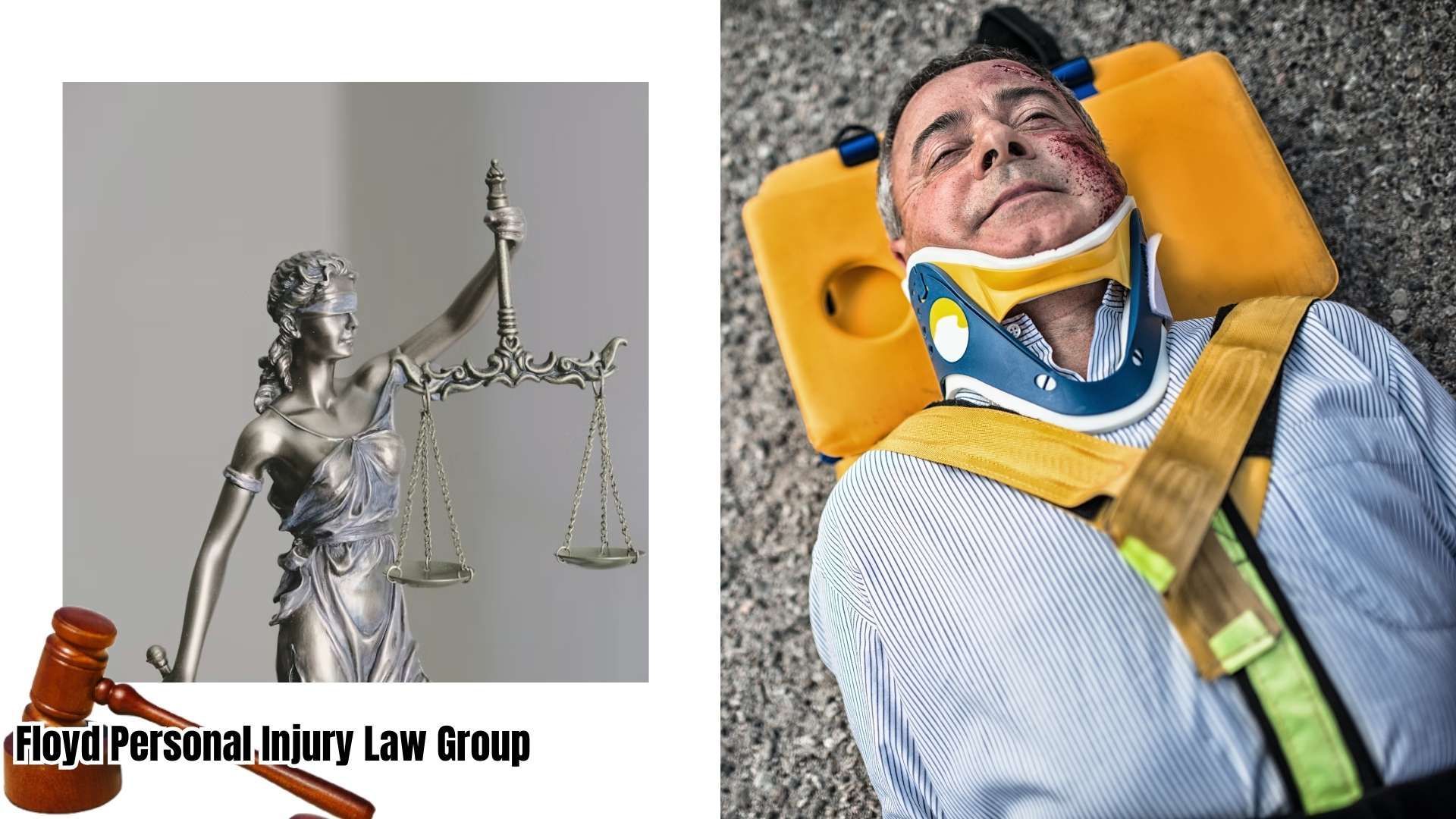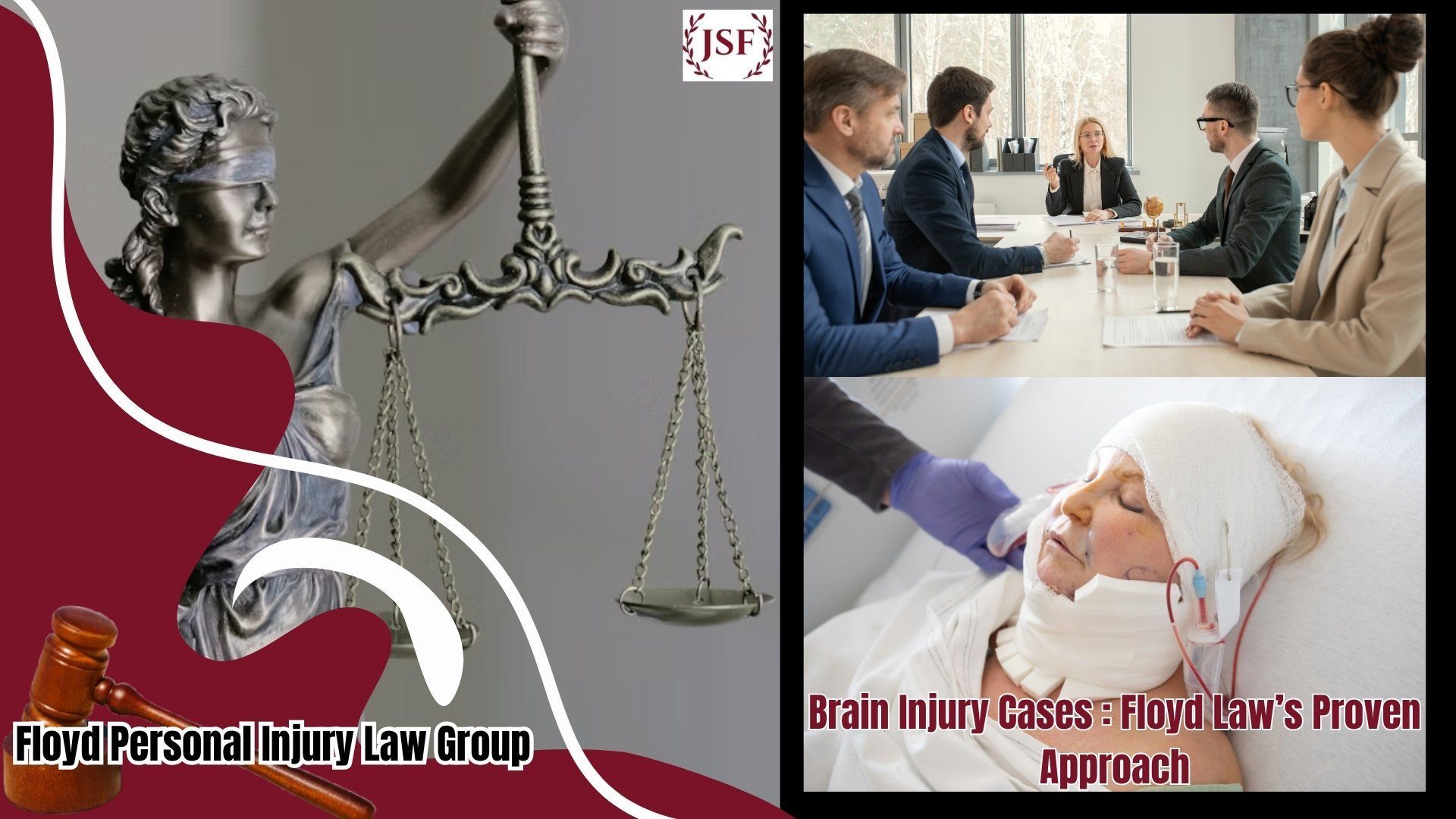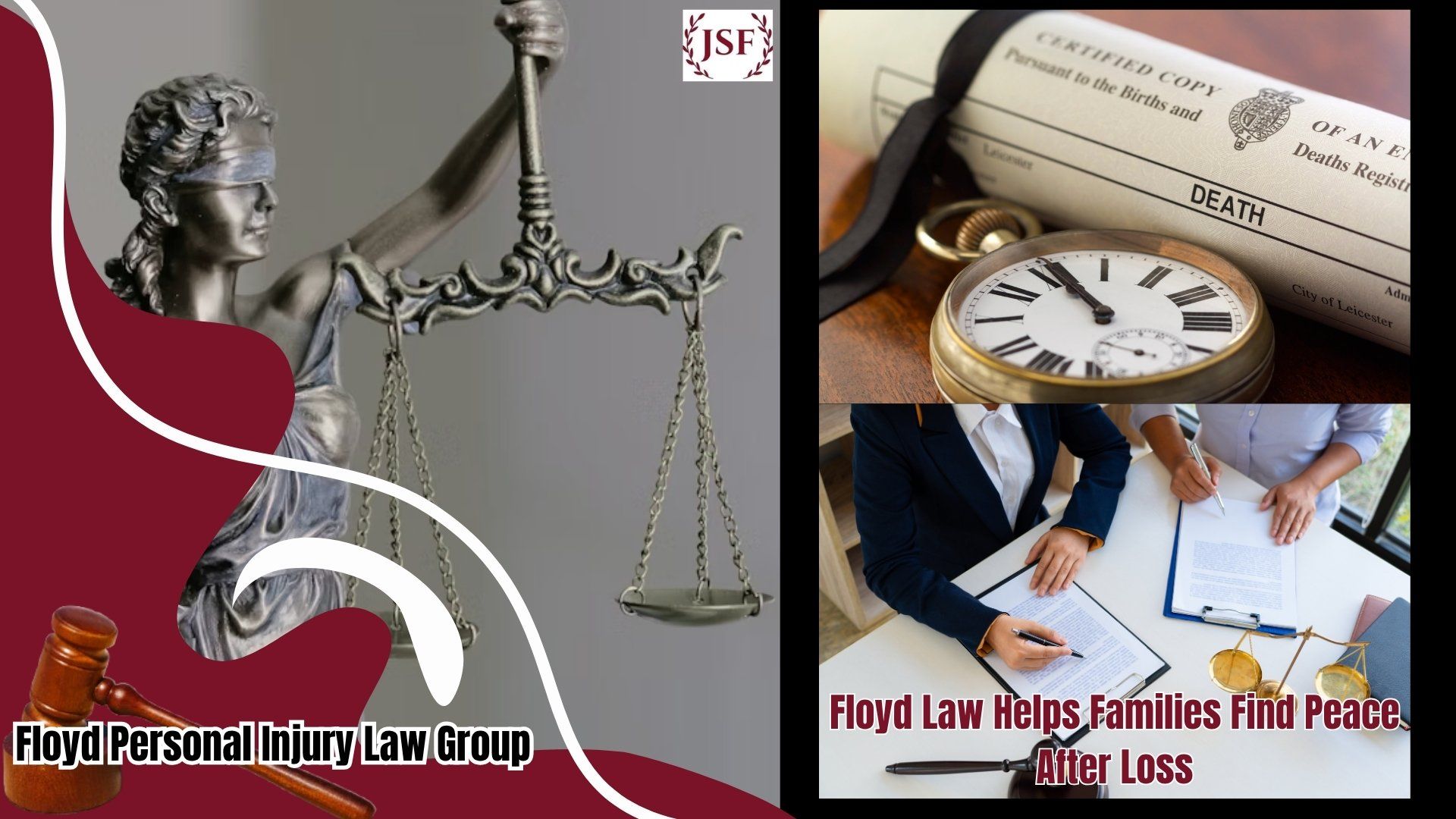Washington State Laws Protecting Motorcyclists and Bicyclists
Motorcyclists and bicyclists face unique challenges on the roads, from inattentive drivers to hazardous road conditions. In Washington state, these vulnerable road users are afforded special protections under state law. At
Floyd Personal Injury Law Group, located in Kent, WA, we understand how important these laws are for safeguarding the well-being of those who ride on two wheels. Knowing the rights and legal protections that motorcyclists and bicyclists have can help reduce accidents and ensure accountability when collisions do occur.
Vulnerable User Law: A Shield for Cyclists and Pedestrians
One of the most significant legal protections in Washington for bicyclists, motorcyclists, and pedestrians is the Vulnerable User Law. Passed in 2011, this law addresses the heightened dangers that vulnerable road users face. The law specifically increases penalties for drivers who cause injury or death to cyclists, motorcyclists, or pedestrians through negligent driving.
Under the Vulnerable User Law, drivers who harm these users can be subject to civil penalties, including fines up to $5,000, mandatory community service, and a possible suspension of their driver's license. What makes this law stand out is that it acknowledges the inherent risks faced by non-automobile users, creating harsher consequences for drivers who fail to exercise proper caution. In doing so, it aims to promote greater road safety and accountability.
A case in Seattle in 2019 highlighted the importance of the Vulnerable User Law when a cyclist was struck by a driver who was not paying attention while turning. The driver faced more severe penalties due to the protections afforded under the law. Such cases demonstrate how these legal measures can influence driver behavior and offer justice to victims.
Washington's Safe Passing Law: Ensuring Space for Cyclists
In addition to the Vulnerable User Law, Washington state has implemented the Safe Passing Law, which requires drivers to maintain a safe distance when overtaking bicyclists and motorcyclists. The law mandates that vehicles provide at least three feet of clearance when passing a cyclist or motorcyclist. However, if conditions do not allow for a safe pass, the driver is required to wait until there is sufficient space to pass safely. This provision helps reduce accidents caused by close encounters, which can often startle or throw riders off balance.
The Washington Traffic Safety Commission reports that unsafe passing is a leading cause of bike crashes in urban areas. By enforcing strict passing rules, the state has taken concrete steps to decrease these types of accidents.
Helmet Laws for Motorcyclists and Bicyclists in Washington
Wearing a helmet is a simple yet crucial safety measure for motorcyclists and bicyclists alike. In Washington, the law requires all motorcyclists to wear helmets that meet specific safety standards. These laws are in place to reduce the severity of head injuries, which are among the most common and dangerous injuries in motorcycle accidents.
While helmet use for bicyclists is not mandated by state law, several cities and counties within Washington have enacted their helmet ordinances. For example, King County, where Kent is located, requires all bicyclists to wear helmets. The Centers for Disease Control and Prevention (CDC) estimates that helmet use reduces the risk of head injury by about 60%. In regions where helmet laws are enforced, there has been a marked reduction in the number of severe injuries among cyclists.
Washington's Distracted Driving Law
Motorcyclists and bicyclists are especially vulnerable to the dangers posed by distracted driving. In response to the rise in distracted driving-related accidents, Washington passed an Enhanced Distracted Driving Law in 2017. This law prohibits drivers from using handheld electronic devices while driving, including texting, making phone calls, or using social media.
For motorcyclists and bicyclists, this law is a critical protection. A significant portion of accidents involving cyclists and bikers occur when a driver is not paying attention, often due to phone use. By enforcing strict penalties for distracted driving, Washington seeks to mitigate the risks for everyone on the road, but especially for vulnerable road users who have less protection in case of a collision.
Right-of-Way Laws for Bicyclists and Motorcyclists
In Washington, both bicyclists and motorcyclists are subject to the same right-of-way laws as motor vehicles. This means that drivers must yield to cyclists and motorcyclists at intersections, crosswalks, and when making turns. Failure to yield is one of the most common causes of accidents involving vulnerable road users.
One key aspect of right-of-way laws is that
bicyclists have the right to use the full lane if necessary for safety, such as when avoiding obstacles or when the lane is too narrow to share. Many drivers may not be aware of this, leading to dangerous situations where cyclists are pressured to ride too close to the curb or parked cars, increasing the risk of "dooring" accidents or crashes caused by road debris.
Motorcyclists also benefit from lane positioning rules that allow them to take full control of their lane. Washington law prohibits vehicles from driving in a way that interferes with a motorcyclist's right to an entire lane, ensuring that bikers have the space needed to operate safely.
Protecting Vulnerable Road Users: Steps for Safety
Washington's laws serve as a foundation for protecting motorcyclists and bicyclists, but individual riders also play a crucial role in their safety. Here are a few safety tips that riders should keep in mind:
- Wear protective gear: In addition to helmets, wearing bright or reflective clothing can increase visibility, especially at night or in inclement weather.
- Use proper signals: Bicyclists are required to use hand signals when turning or stopping. Motorcyclists should also ensure their signals are clear and visible.
- Stay aware of surroundings: Riders should remain vigilant, especially at intersections and near parked cars where sudden movements from other road users can lead to accidents.
- Obey traffic laws: Following traffic laws is essential for reducing the risk of accidents. This includes obeying traffic signals and stop signs and yielding when appropriate.
Protect Your Rights on Washington's Roads – Get the Legal Support You Deserve
The roads can be dangerous for motorcyclists and bicyclists. Still, Washington has taken significant steps to protect them through laws like the Vulnerable User Law, the Safe Passing Law, and helmet requirements. At Floyd Personal Injury Law Group, we are committed to advocating for the rights of vulnerable road users in Kent and across the state. Understanding these laws not only empowers riders but also encourages safer road-sharing practices for all.
If you or a loved one has been involved in an accident as a motorcyclist or bicyclist, knowing your rights under Washington's laws can be crucial in pursuing justice. Stay safe, and remember that the law is on your side.
References:
- Washington State Department of Transportation, Vulnerable User Law: https://www.wsdot.wa.gov/
- King County Bicyclist Helmet Ordinance: https://www.kingcounty.gov/depts/health/violence-injury-prevention/bicycle-helmets











